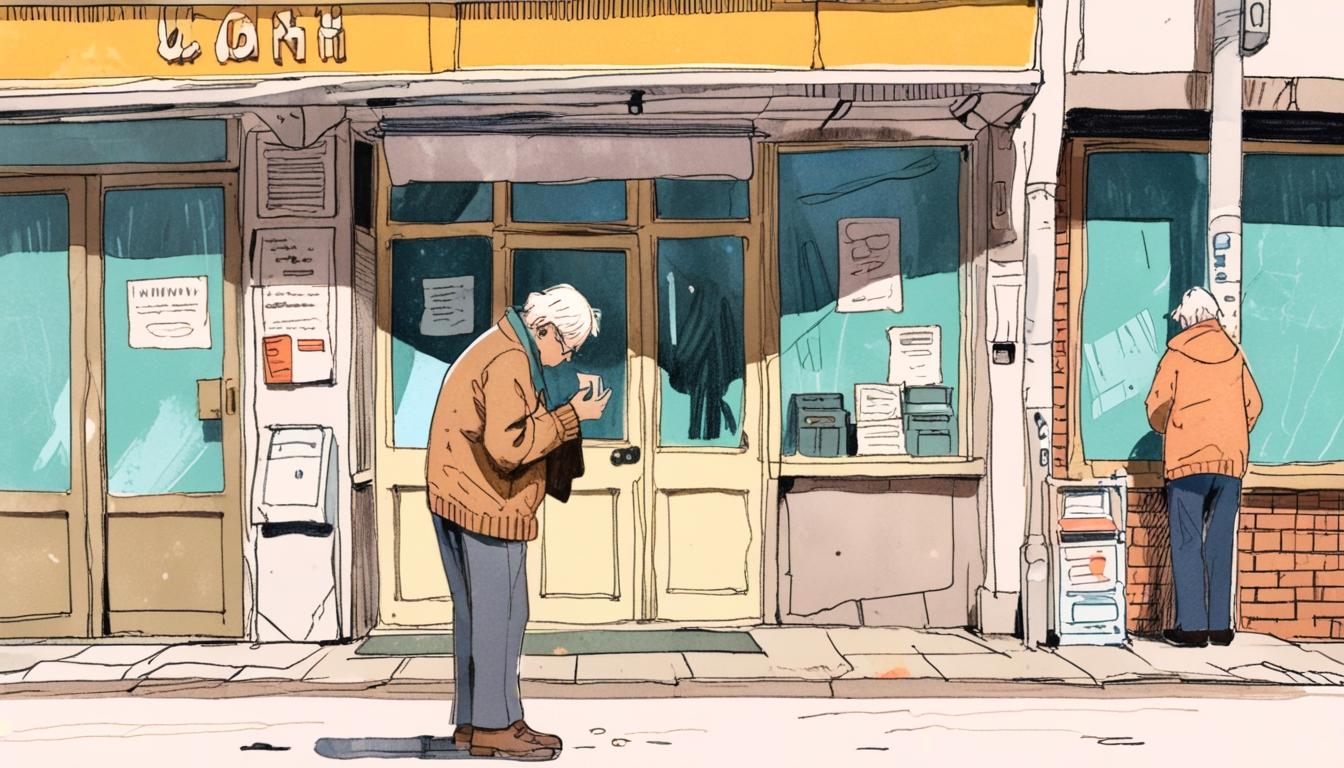MPs Warn of Growing Risk to Cash Acceptance in UK Amid Declining Use
UK businesses such as shops and restaurants may soon be required to accept coins and banknotes as cash usage continues to decline across the country, a cross-party committee of MPs has warned. The Treasury Committee has expressed concern that declining cash acceptance risks creating a "two-tier society," where vulnerable groups who depend on physical cash could face exclusion from essential services and community spaces.
The issue was raised during hearings where MPs heard testimonies from representatives of vulnerable communities including people with learning disabilities, victims of domestic abuse, and the elderly. These groups reported increased difficulties in buying essential goods and services as more businesses and public services ceased to accept cash payments.
The committee's report stated: "There may come a time in the future where it becomes necessary for HM Treasury to mandate cash acceptance if appropriate safeguards have not been implemented for those who need physical cash, and the level of cash acceptance begins to lead to widespread detriment." It urged that the government undertake comprehensive monitoring and reporting of cash acceptance levels to inform such decisions.
Concerns were highlighted about public transport, car parks, and local government-funded services becoming increasingly cashless, compounding difficulties for people without bank accounts—the so-called "unbanked." Charities and consumer groups emphasised that the withdrawal of cash payments could have severe impacts on individuals reliant on cash, including survivors of economic abuse who may use cash to manage finances independently.
Dame Meg Hillier, chair of the Treasury Committee and Labour MP for Hackney South, underscored the urgency of the situation: "The Government is in the dark on how widely cash is being accepted and that is completely unsustainable. We are at risk of a two-tier society where the most vulnerable bear the brunt and this needs to be a wake-up call." She stressed that the committee is committed to continuing its scrutiny of cash acceptance and inclusion.
The report also highlighted the national resilience benefits of maintaining cash access, especially during IT outages affecting banking systems. Ross Borkett, banking director at the Post Office, noted to the committee a significant spike in cash withdrawals during such outages. The committee found that at least 158 banking IT outages occurred between January 2023 and February 2025, based on information gathered from major retail banks.
Despite these concerns, Economic Secretary to the Treasury Emma Reynolds stated in January that the government has no current plans to compel businesses to accept cash and seeks to address financial exclusion primarily through tackling digital exclusion.
Data from 2024 reveals a stark drop in cash usage, with UK Finance reporting cash accounted for just 12 per cent of all payments last year versus 51 per cent in 2013. The Financial Conduct Authority mandates certain banks and building societies to identify and address gaps in cash access provision. To date, 150 banking hubs have been established to help maintain physical cash availability.
The Treasury Committee has called for annual reporting on cash acceptance levels by HM Treasury to prevent further erosions that could disproportionately affect those reliant on cash payments.
The Independent is reporting on growing concerns about the sustainability and inclusivity of cash usage and acceptance in the UK as technology advances shift payment habits and regulatory oversight faces new challenges.
Source: Noah Wire Services
